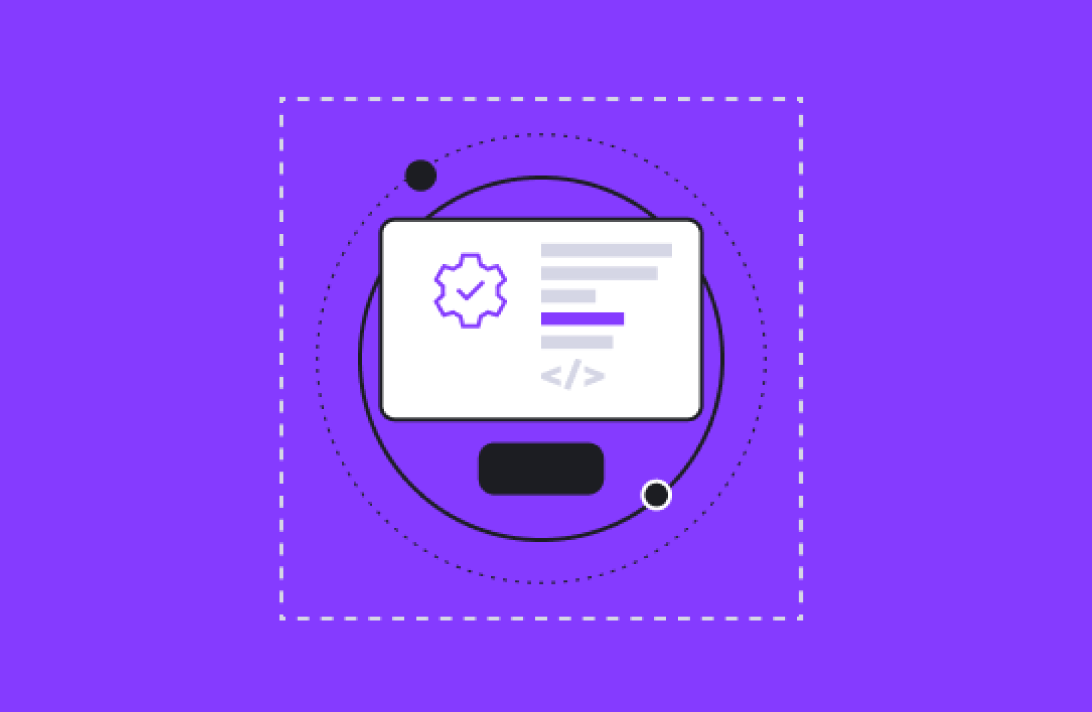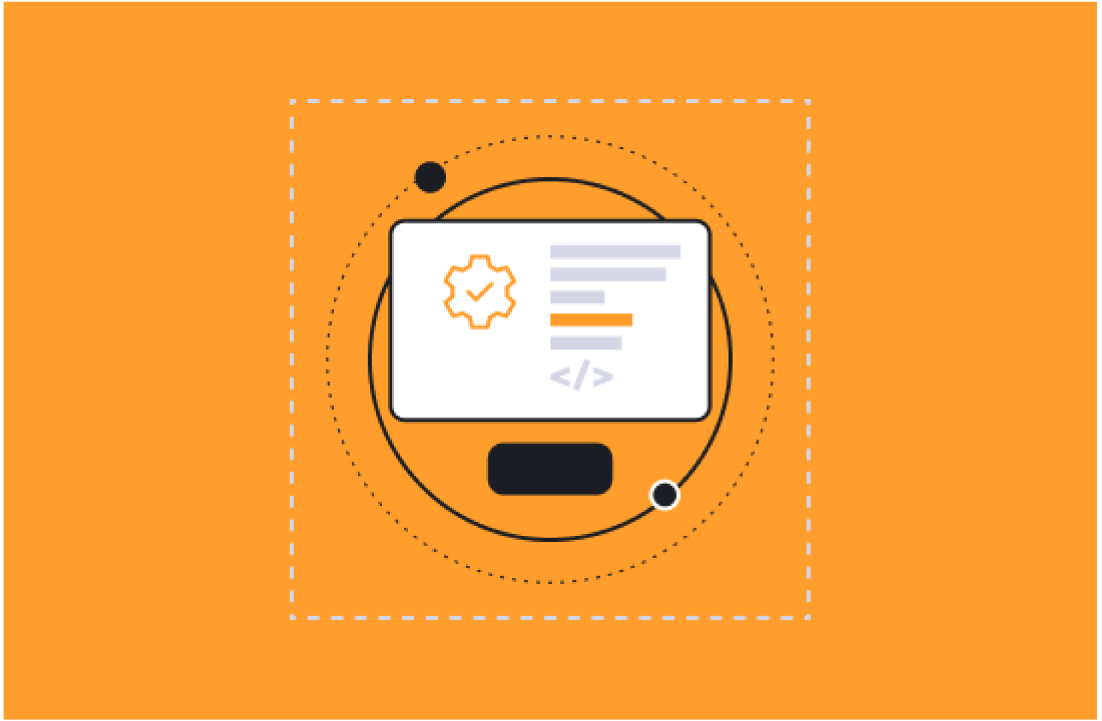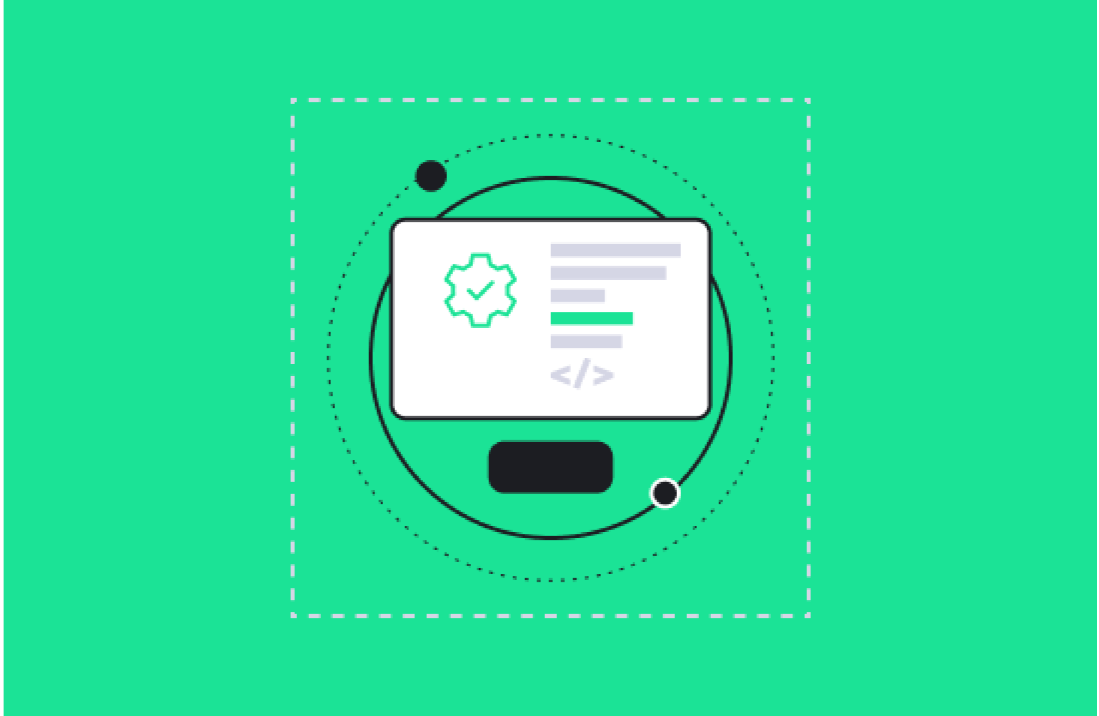Every business uses at least one or two software applications in its day-to-day activities. These are generally what we refer to as their technology stack—a group of technology services they use in their business operations to manage all their processes.
In the past, only people with the right computer skills could effectively manage their company’s software applications. Using them required specialized roles within the organization, and implementing new software was often the purview of IT departments.
But thanks to an aggressive campaign within the tech world to improve the user experience (UX), software applications are more intuitive than ever.
The HubSpot CRM is one such application. Although professionals with coding experience can do a lot with it, nothing is stopping their less tech-minded colleagues from picking up the tool and delivering value. Here are just a few ways different types of users can take advantage of HubSpot and use it as a RevOps engine.
The No-Code User
A HubSpot no-code user is someone who has little to no experience as a developer or programmer. They might understand what computer code does and why it’s important, but if you were to show them a block of code, they’d feel like they were looking at ancient hieroglyphs.
A no-code user might not be able to develop apps with HubSpot, but there’s still plenty they can do with the platform. That’s because many of HubSpot’s features use a basic “drag and drop” interface that is reminiscent of what most people are used to doing with their smartphones and tablets.
For example, users can edit websites made with HubSpot through coding, but they can also use a drag and drop interface to edit webpages. Drag and drop areas on web pages are composed of modules, which are blocks of website content. The no-code user can edit these modules directly using a front-end editor of the website, without ever having to look at the code behind each module.
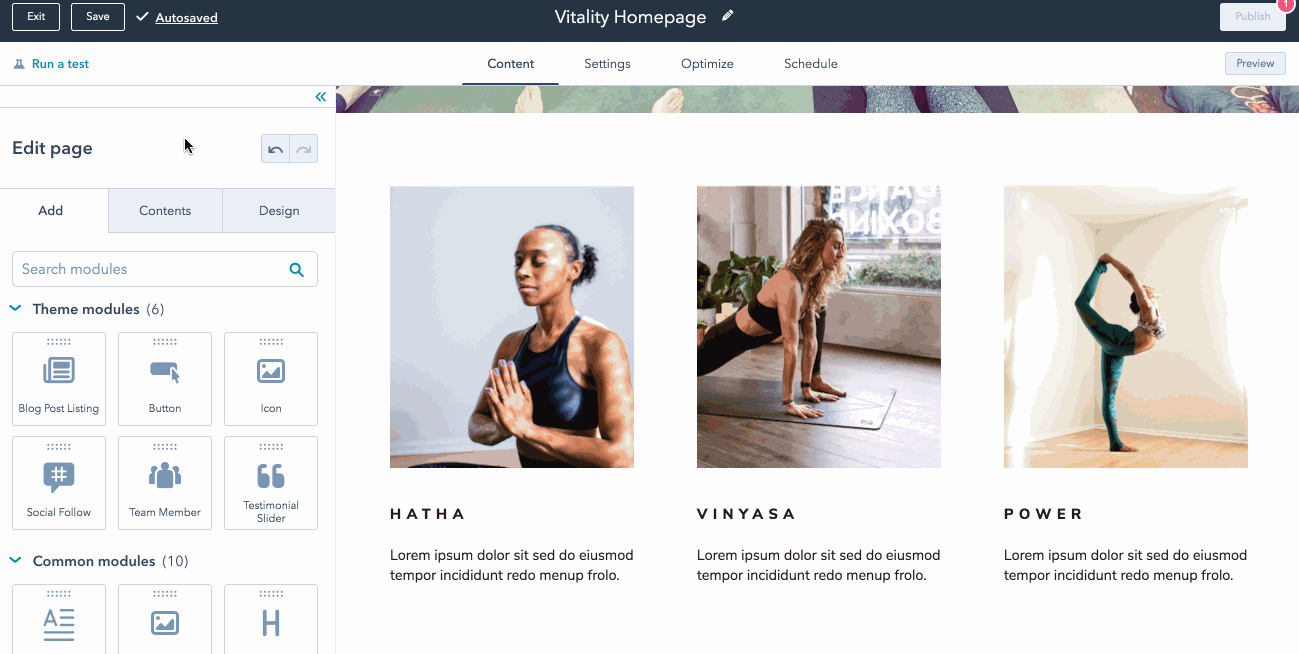
Hubspot’s other marketing tools are also designed with the no-code user in mind. Without any knowledge of code, users can create workflows, manage content, send HTML emails to contacts, and even create topic clusters to link digital content together, like this one:
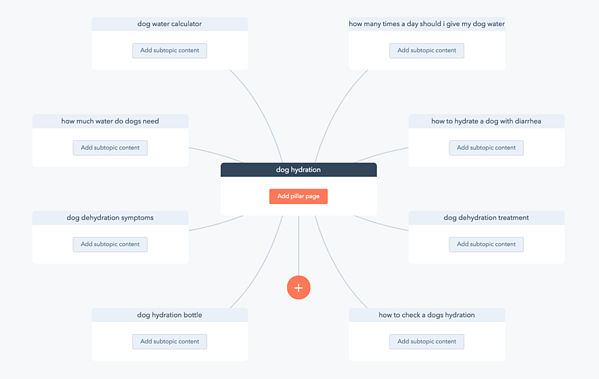
The Low-Code User
Low-code users are users who have a little bit of coding knowledge, but not enough to build applications and processes. These types of users are growing because marketers and salespeople often pick up on some coding knowledge informally or as a way to work more effectively. According to Forrester, the rising adoption of low-code platforms driving about 50% of the annual growth in the business software market.
HubSpot is an ideal tool for low-code users because they can engage in coding activities where it suits them while defaulting to a no-code interface when they need to. HubSpot’s content management system is perfect for low-code users because it has all the no-code tools they need but provides them with the resources to input code where appropriate.
For example, if a user needs to build a blog for their company website, they can simply select a template from HubSpot and start publishing content. But let’s say the user also wants to edit the blog template to include some custom features, such as some unique branding styles or even an object that the company’s website users can interact with.
If the user has the skills, they can edit their blog template directly and input code:
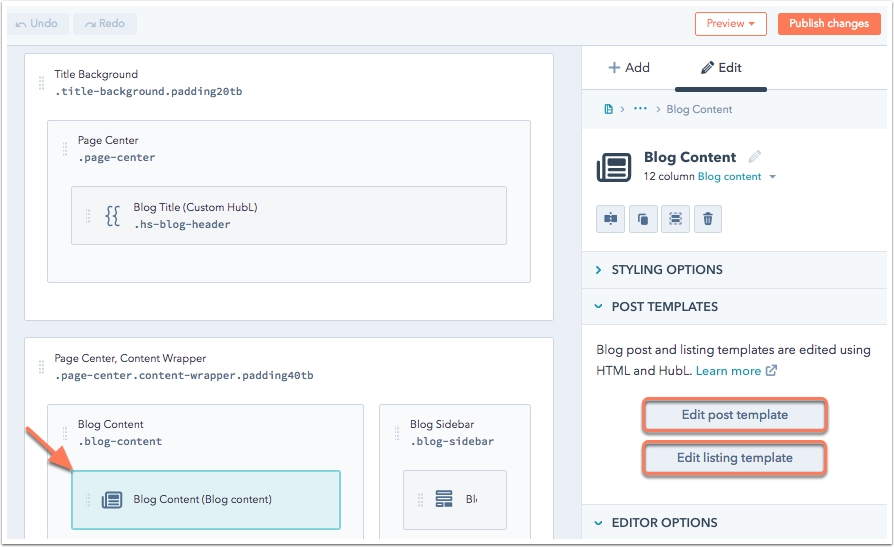
HubSpot also has plenty of integrations to help low-code users develop applications, workflows, and more within the HubSpot platform.
Of course, none of this is necessary to get significant value from HubSpot. Even if your company doesn’t have a web developer, you can purchase a blog and website template directly through HubSpot and still customize it to your specifications using HubSpot’s no-code tools.
The Node Code User
A node code user typically refers to a user who can build apps and processes using Node.js, the open-source JavaScript runtime environment that can be used to write server-side applications. These types of users have much more knowledge of coding, app development, and website development than their colleagues, which means their ability to leverage HubSpot is almost limitless.
HubSpot prides itself on being an accessible platform for developers, which makes it an excellent tool for anyone with coding or software development skills. If they prefer, these users can eschew the drag and drop interfaces that HubSpot offers to build customized websites and powerful apps, all backed by support from HubSpot’s active developer community forums.
Leverage HubSpot Regardless of Your Coding Skills
Whether you have experienced developers at your business or not, there’s plenty you can do with HubSpot to improve your marketing and sales processes. HubSpot isn’t just a CRM—with the right implementation, it can become a powerful RevOps engine, too.
To learn more about how to use HubSpot for RevOps, contact us today at A8.


